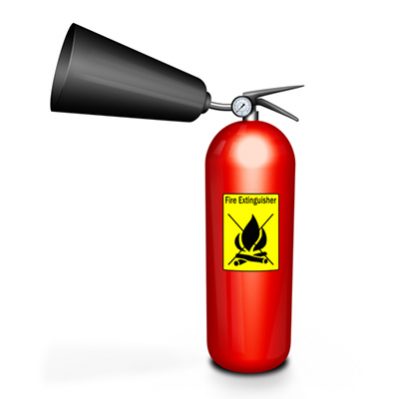All leaders should be aware of fire risk, particularly during the summer period and understand the procedures to be adopted in the case of a fire, at the facility, campsite or in the surrounding bush area. A fire may be avoided by following simple precautions.
Ensure that matches and lighters are kept well away from participants who may pocket them and experiment with them at a later stage.
Listen to media announcements to be aware of expected weather conditions and proclamation of days of ‘Total Fire Ban’. Make sure that no fires are lit on these days.
Gas and liquid fuel appliances commonly used on programs can be a hazard. Ensure that they are maintained and correctly used.
Ensure that fire extinguishers and hoses are maintained and not tampered with.
When lighting a fire for cooking or camp sing-along, make sure that the fire is always attended and put out after use.
If camping or participating in an activity in a bush area, contact the local fire authority. Alert them to the intended program and provide them with information about the size of the group and duration of the program.
Leaders should discuss and be familiar with:
- Fire fighting equipment on site, the position of fire hoses, types of extinguishers and their uses and knapsacks.
- Procedures in case of fire: fire alarms; checking buildings; accounting for each participant.
- Responsibilities of director, leaders, camp supervisors.
- Shelter and evacuation procedures.
- Emergency procedures at the venue/campsite they are attending.
For further information on fire safety see the following links:

